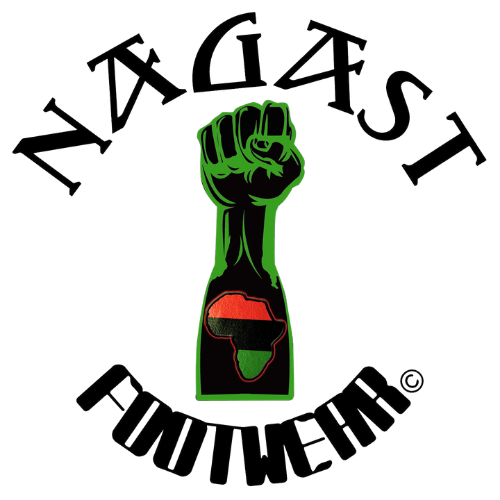
The greatest black leader of the 20th century
Share
Marcus Garvey financed his Universal Negro Improvement Association (UNIA) and its ambitious projects, most notably the Black Star Line, primarily through the sale of securities, specifically shares.
Here's a breakdown of how he sold securities, the laws involved, and relevant sources:
Financing Through Securities
Garvey's main approach to financing his movement and its enterprises was through the sale of stock, particularly for the Black Star Line, a shipping company envisioned to connect Black communities globally and foster economic independence.
* Black Star Line Shares: Shares in the Black Star Line were sold for an affordable price of $5 each. This low price point, along with the option for installment payments, allowed for broad participation and investment from many individuals, including those with limited means.
* Capitalization: The Black Star Line was incorporated as a Delaware corporation on June 27, 1919, with an authorized capitalization of $500,000.
* Sales Locations: Stock was actively promoted and sold at UNIA conventions and gatherings, leveraging the enthusiasm and commitment of his large following.
* Negro Factories Corporation: Beyond the Black Star Line, Garvey also established the Negro Factories Corporation. This entity served as the financial arm of the UNIA, designed to support various Black-owned businesses and promote economic self-sufficiency within the Black community.
Laws Used and Legal Issues
Marcus Garvey's fundraising activities, particularly the sale of Black Star Line stock, led to legal challenges, most notably charges of mail fraud.
* Mail Fraud Indictment: In 1922, Garvey and other Black Star Line officials were indicted by the U.S. government for using the mails fraudulently to solicit stock for the Black Star Line. The conviction for mail fraud highlighted how existing laws, intended to regulate financial transactions and prevent deception, were applied to his movement.
* Conviction and Deportation: Garvey was convicted and sentenced to five years in prison. Following his incarceration, he was deported to Jamaica in 1927 by President Calvin Coolidge. His legal troubles demonstrated how the established power structure could use legal mechanisms to challenge and suppress a movement that threatened the status quo.
Sources
The information above is synthesized from the following sources:
* The Marcus Garvey Case: A Law and Power Theory Analysis of Political Suppression of Human Dignity on Scholarship@Law https://scholarship.law.ua.edu/cgi/viewcontent.cgi?article=1513&context=fac_articles
* The Origins of Ghana's Iconic Black Star Line - Hakai Magazine https://hakaimagazine.com/article-short/origins-ghanas-iconic-black-star-line/
* The Black Star Line - The Steamship Historical Society of America https://shiphistory.org/2020/01/20/the-black-star-line/
* "The Collapse of the Only Thing in the Garvey Movement Which Was Original or Promising": Du Bois on Garvey - History Matters https://historymatters.gmu.edu/d/5121/
* Marcus Garvey | American Experience | Official Site - PBS https://www.pbs.org/wgbh/americanexperience/features/garvey-biography/
* A New Vision: Marcus Garvey & the Black Star Line (Part 1) - The Captain's Table https://captainstableblog.com/a-new-vision-marcus-garvey-and-the-black-star-line-1/
* Black Star Line - Wikipedia https://en.wikipedia.org/wiki/Black_Star_Line
* The Black Star Line - Marcus Garvey Museum https://marcusgarveymuseum.com/index.php/history/the-black-star-line
* Universal Negro Improvement Association (UNIA) - The Cambridge Guide to African American History https://www.cambridge.org/core/books/cambridge-guide-to-african-american-history/universal-negro-improvement-association-unia/2D5CC4511A3246699A829FD5148C84E6
* Universal Negro Improvement Association | American Experience | Official Site - PBS https://www.pbs.org/wgbh/americanexperience/features/garvey-unia/
